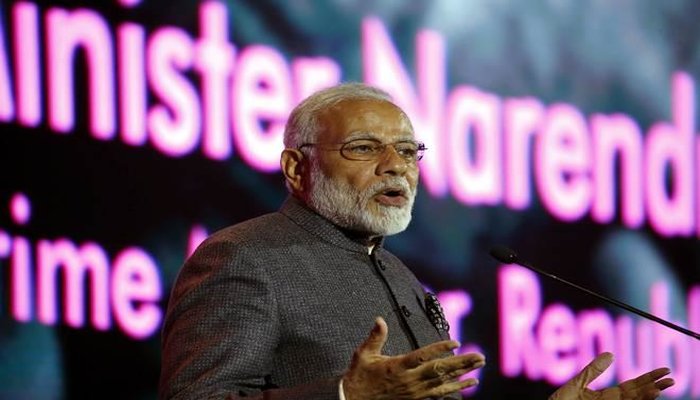
Under Narendra Modi’ rule, India seems to be going through new forms and reaching new heights. To increase the productivity from India, here are the new business laws.
India recently obtained the 100th position in a global list of places that are favorable to traders and their businesses. With this new height of success, the Narendra Modi government is now planning to move ahead in the Ease of doing business list and is set to bring in new laws to leapfrog into the top 50 positions.
According to a top government official, the Union law ministry has readied three draft bills to amend key laws dealing with India’s regulatory and arbitration framework so that it becomes easier to enforce contracts and resolve business disputes.
The ministry, which is pushing for changes in at least three laws, says the move will further improve the ease of doing business in India and promote it as an investment destination. It wants the government to present the amendment bills in the winter session of Parliament.
The changes include modifying a 2015 law to reduce the pecuniary jurisdiction of commercial courts from Rs1 crore to R s3 lakh, enabling the resolution of a larger number of business disputes faster, said the official, who was involved in drawing up the amendment.
The ministry also wants to amend the law to enable the setting up of commercial courts in territories over which only high courts have civil jurisdiction. Delhi is one such state, and the time and money spent on commercial dispute resolution in the capital city are one of the ways to improve India’s ranking on the World Bank’s influential ease of doing a business index.
The government is also keen to bring in a statute and set up a New Delhi Centre for Arbitration, the official said, adding: “We are working on the final nomenclature.”
A panel set up under Justice BN Srikrishna recommended in August that the government take over the International Centre for Alternative Dispute Resolution (ICADR) from the Supreme Court and use it to turn India into a hub for international arbitration.
The moves are in keeping with Prime Minister Narendra Modi’s ambitions to turn India into an alternative destination to Singapore for international arbitration.
The law ministry, apart from working on the key area of ‘enforcing contracts’, will also assist other ministries and departments to draft legislative and administrative proposals that help improve India’s ranking in the ease of doing business, a document prepared by the legal affairs secretary Suresh Chandra said.
“The indicator of ‘enforcing contracts’ measures the time and cost for resolving a commercial dispute through a local court of the first instance and the quality of judicial processes index, evaluating whether each economy has adopted a series of good practices that promote quality and efficiency in the court system,” it added.
Last month, the World Bank released its rankings for 192 countries in which India finished at the 100th spot, up 30 places from last year, which the government described as a quantum leap.
“The new rankings make it clear that India is becoming a paradigm of best practices in the regulatory framework for business. We have now started work on breaking into the top 50,” a source in the ministry involved with the process said.

Post Your Comments